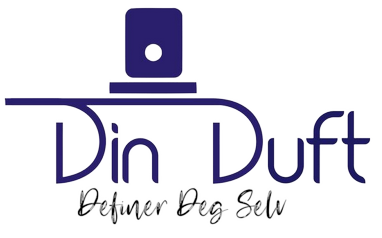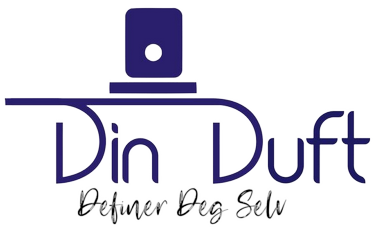Building Foundations: What to Look for When Hiring a Structural Engineer
When it involves setting up or renovating a building, the importance of hiring a certified structural engineer cannot be overstated. These professionals are pivotal in ensuring the safety, durability, and functionality of a structure. The role of a structural engineer is to design the skeleton of buildings and oversee the development of any type of construction to be able to be sure that it can withstand each the loads and forces it will encounter over its lifetime. Whether or not you’re planning a new dwelling, a commercial development, or a renovation, knowing what to look for when hiring a structural engineer can set your project on the path to success.
Qualifications and Credentials
Step one in deciding on a structural engineer is to confirm their qualifications and credentials. A reliable structural engineer ought to hold at the least a bachelor’s degree in civil or structural engineering. Additionally, they need to be licensed or registered with a professional body, which requires them to adhere to strict codes of conduct and stay updated with the latest trade standards and technologies. Within the U.S., for example, this means they need to have passed the Fundamentals of Engineering (FE) exam, adopted by the Principles and Follow of Engineering (PE) exam in their specific state.
Expertise and Specialization
Expertise is a key factor when selecting a structural engineer. Look for professionals who have a sturdy portfolio of projects which can be similar to yours. Engineers with specific experience in your type of project (residential, commercial, industrial, etc.) will be more likely to foresee potential issues and solutions, tailored to your project’s unique needs. Specialization can be necessary, especially for complicated projects that require experience in areas resembling seismic design, wind engineering, or other specialized fields. Ask potential hires about their previous projects and the particular challenges they faced, as well as the innovative solutions they implemented.
Fame and References
Repute could be a telling indicator of an engineer’s professionalism and quality of work. Check on-line opinions, testimonials, and the engineer’s standing with professional bodies. Asking for references is also a vital step. Contact previous clients to inquire about their experience working with the engineer. Were they glad with the services provided? Was the engineer communicative and punctual? Did they adhere to the budget? These insights can provide valuable information about what you possibly can expect.
Communication and Professionalism
Efficient communication is vital in any engineering project. The structural engineer you choose needs to be able to clarify complicated technical details in a transparent and concise manner. They need to be approachable and attentive to your questions and concerns. Professionalism is one other essential trait; it encompasses everything from the timeliness of the engineer’s responses to their ability to collaborate with other contractors and architects involved in the project.
Cost and Contract Terms
While cost should not be the sole factor in hiring a structural engineer, it is certainly an vital consideration. Request detailed quotes from a number of engineers and evaluate them. Be wary of quotes that seem excessively low—they may point out a lack of experience or cut corners. Ensure that the contract terms are clear and comprehensive, covering points such as the scope of work, timelines, payment terms, and intellectual property rights.
Insurance and Liability
Lastly, make sure your structural engineer carries professional liability insurance. This protects you in case of errors or omissions in their work that lead to structural failures or other costly issues. Confirm the coverage particulars and ensure that their policy is adequate for the size of your project.
In conclusion, hiring the fitting structural engineer is a vital investment for the success of any development project. By focusing on qualifications, expertise, reputation, communication skills, cost-effectiveness, and liability insurance, you can select a professional who will be certain that your project stands on solid ground—both literally and figuratively.
If you have any issues with regards to wherever and the way to use Etude surélévation, you’ll be able to e-mail us from our webpage.


No Comments